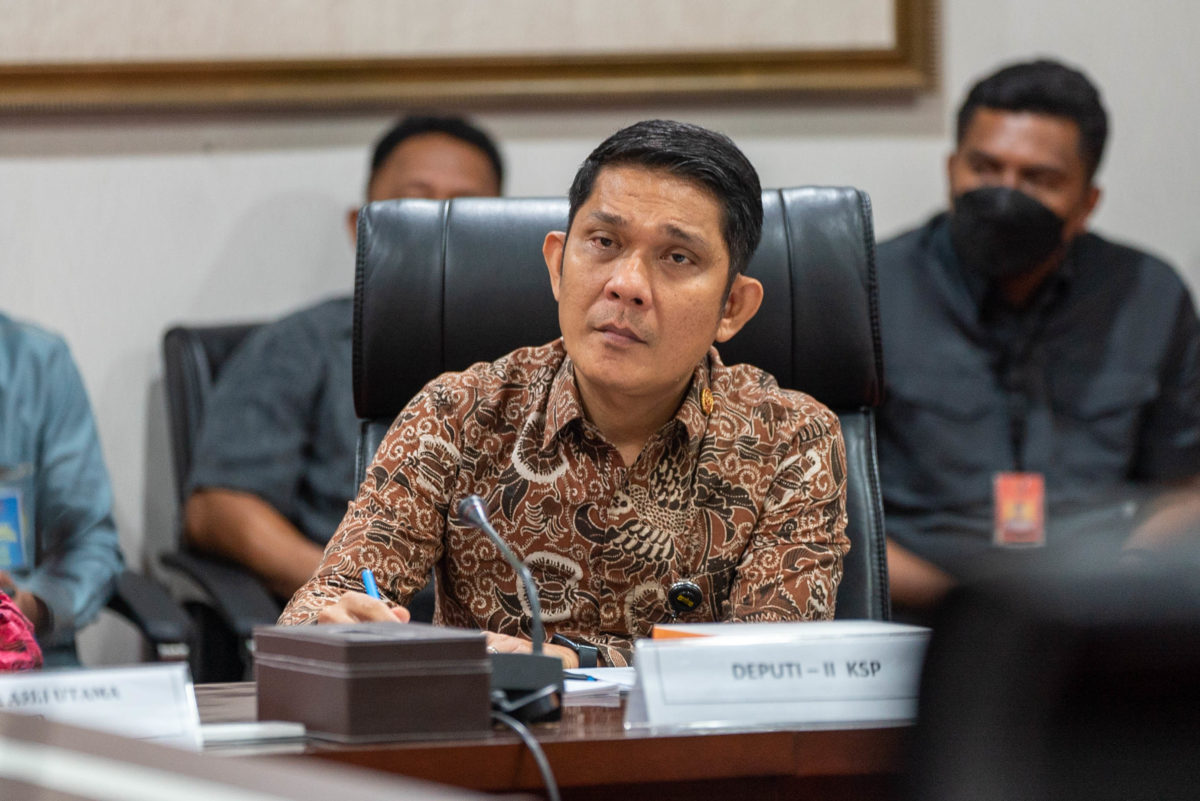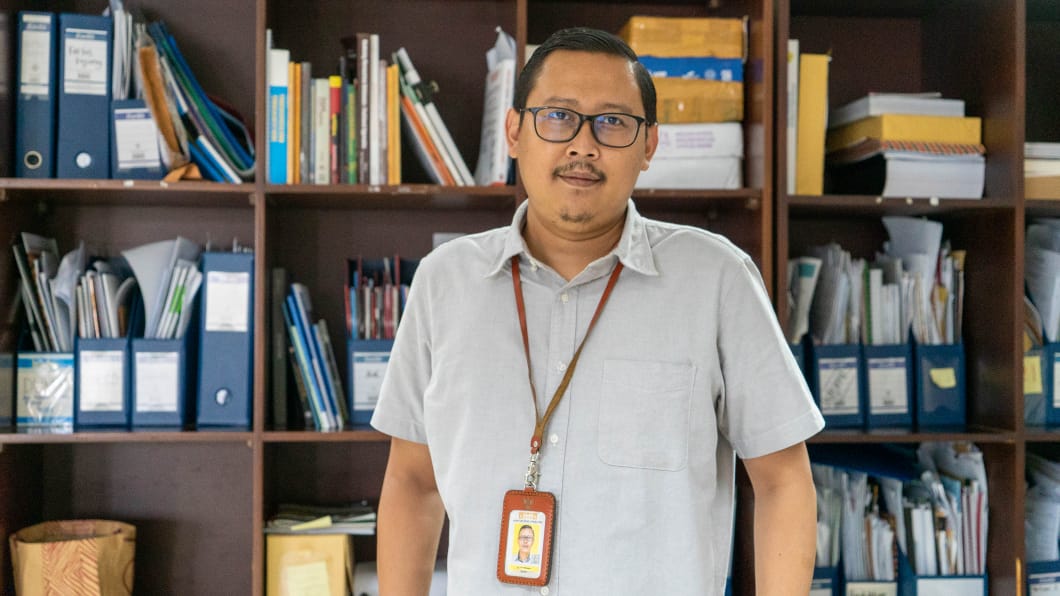Jakarta – The nation celebrated National Revival Day on May 20, paying tribute to the remarkable achievements of Indonesian youth in uplifting the country’s sports industry and bringing glory to the nation on the international stage, particularly at the recently concluded SEA Games in Cambodia.
Notably, Indonesia surpassed both the President’s target and the previous SEA Games record in Hanoi, Vietnam. This year, Indonesia secured an impressive tally of 87 gold medals, 80 silver medals, and 109 bronze medals.
Speaking about National Revival Day, coinciding with the momentum of the SEA Games, the Executive Office of the President (KSP) expressed appreciation for all athletes who persevered through a rigorous journey, starting from talent scouting, training facilitation, national training camps, and ultimately competing to honor the nation’s name.
“National revival discussions are incomplete without acknowledging the role of young people in uplifting national sporting achievements. Therefore, on this year’s National Revival Day, in conjunction with the SEA Games, KSP applauds all athletes who have showcased their talent and brought honor to our country,” stated Abetnego Tarigan, Deputy Chief of Staff for Human Development, on Saturday (20/5).
Abetnego further emphasized that the accomplishments of Indonesian athletes in the SEA Games could not have been possible without the crucial involvement of respective sports federations, coaches, team managers, and the Ministry of Youth and Sports as the governing body that has cultivated a robust ecosystem, from regional levels to national training centers (Pelatnas).
It is worth noting that this year’s SEA Games featured 599 athletes competing across 31 sports, with 60% of them being young athletes. The Long Term Athlete Development (LTAD) approach underscores the significance of nurturing young talents over a span of 8-12 years to reach elite athlete status. Thus, the focus on young athletes and athlete development becomes crucial.
The government has consistently demonstrated its commitment to advancing sports achievements through the National Sports Master Plan (Desain Besar Olahraga Nasional or DBON). President’s Decree No. 86 of 2021 officially established DBON in September 2021. DBON underscores the long-term development of athletes as a national investment to enhance human resources, enabling Indonesian sports to compete on the global stage, including the Olympics and Paralympics.
“In line with this, the government is currently preparing the legal framework for the National Talent Management (Manajemen Talenta Nasional or MTN). MTN is envisioned as a cohesive ecosystem that supports and accelerates DBON, harmonizing educational sports development and performance sports development in accordance with the different stages of talent selection,” added Abetnego.
Moreover, the MTN aims to expand the talent pool, foster and facilitate potential and outstanding talents, provide adequate facilities and infrastructure for talent development, and establish a sustainable ecosystem for national talent management, including funding and institutional aspects.
“It is our hope that the MTN scheme not only cultivates sports talents but also nurtures talents in research, innovation, and arts and culture fields. The emergence of exceptional talents in these three areas will significantly contribute to the nation’s development and progress. This also serves as an indicator of MTN’s success in orchestrating cross-disciplinary human resource programs and stakeholders, further enhancing Indonesia’s allure for achievements globally,” concluded the Deputy.
The National Revival Day celebrations have shed light on the invaluable contribution of Indonesian youth to the nation’s sporting success, inspiring a new generation of athletes and fostering a bright future for Indonesian sports on the global stage.



